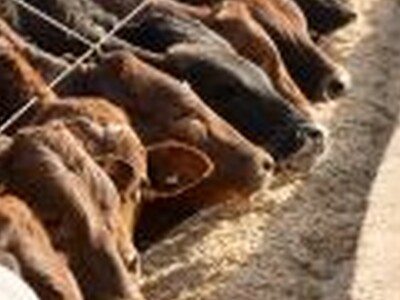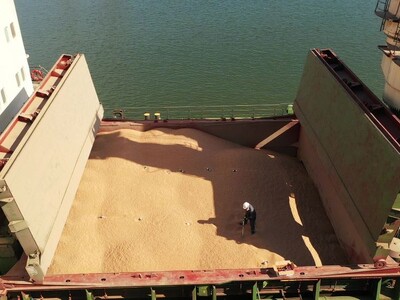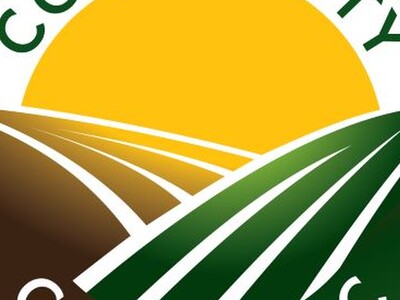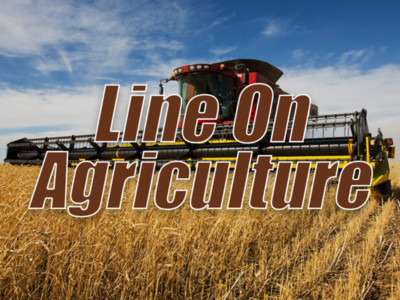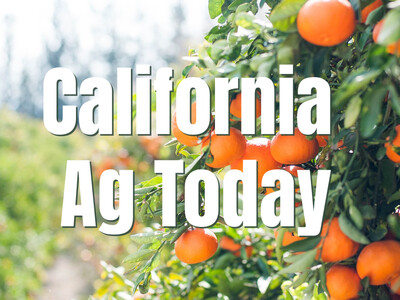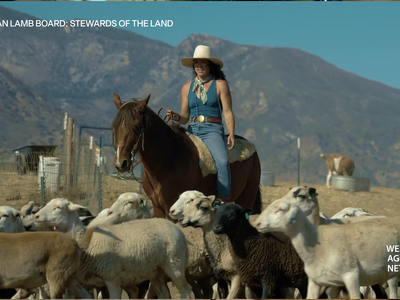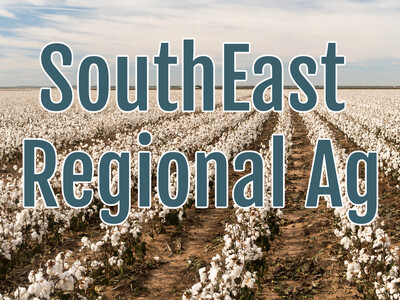Cattle Rustling
Cattle Rustling. I’m Greg Martin with today’s Line On Agriculture.
Cattle rustling is a 21st century crime that gets a little extra attention as calves are being born. State Brand Inspector Rodger Huffman of the Oregon Department of Agriculture says the newborns out in the range are easier to take than at other times of the year.
HUFFMAN: Yeah, that's the temptation right now. They are vulnerable right now because, in some cases, they are hidden away. In other cases, they are close to the road or something and are accessible.
Cattle producers are focused on getting a good healthy calf crop. But at the same time, there is a competing challenge of avoiding livestock theft, especially since beef prices remain high.
HUFFMAN: I think even though the economy has appears to have improved some, the value of the cattle has increased incrementally as well. Certainly, that might increase the temptation.
One key preventive measure is to keep cattle and calves as inaccessible to outsiders as possible. There is also advice to buyers- make sure the seller has documented proof of ownership before the transaction takes place. That includes a brand inspection from ODA. Modern technology allows buyer and seller to get together very quickly- all the more reason for ranchers to be on their toes. Huffman says while ranchers can take preventative measures to protect cattle and calves from theft, cattle buyers can also help out.
HUFFMAN: Primarily with cattle, where a brand inspection is required on everything that is over 30 days of age, they need to demand from the seller that they get a brand inspection and at least a bill of sale, and know where they came from and make sure they're comfortable that they are from legitimate sources.
Huffman also says with cattle and calves still wintering in the open range, any hunters this time of year can help by keeping their eyes open.
HUFFMAN: The value, I guess, for those that are horn hunters out there that are starting to maybe venture out into spring activities, if they see cattle where they normally wouldn't be out there this time of year, to report those.
In the days of the old west cattle rustling was what was called a “hangin’ offense.” In 1941 the McCarran Act was passed which provided a maximum penalty of a $5,000 fine and five years in prison for transporting across state lines stolen cattle or meat from such cattle.
That’s today’s Line On Agriculture. I’m Greg Martin on the Ag Information Network.




